UK Energy Secretary Claire Coutinho has set out plans to build new gas power stations to avoid what she described as the “genuine prospect of blackouts”.
In a speech today, Ms Coutinho made the case for investing in unabated gas power into the 2030s to maintain electricity supplies when renewables are unable to meet demand due to weather conditions.
“Without gas backing up renewables, we face the genuine prospect of blackouts,” she said.
“Other countries in recent years have been so threatened by supply constraints that they have been forced back to coal.”
Ms Coutinho said there are “no easy solutions in energy, only trade-offs”.
“If countries are forced to choose between clean energy and keeping citizens safe and warm, believe me they’ll choose to keep the lights on,” she said.
“We will not let ourselves be put in that position. And so, as we continue to move towards clean energy, we must be realistic.”
The announcement attracted criticism from Labour and the Energy Climate Intelligence Unit, saying the plans would lead to higher energy bills and increased reliance on foreign gas reserves as the North Sea declines.
Environmental campaign group Greenpeace also criticised the move, saying the UK government plans will “make Britain more dependent on the very fossil fuel that sent our bills rocketing and the planet’s temperature soaring”.
Gas plans and electricity market reforms
Under the plans, the government will broaden existing laws requiring new gas plants to be built “net-zero ready” and able to convert to low carbon alternatives in the future such as carbon capture and hydrogen to power.
The government said these gas power plants will run less frequently as the UK continues to roll out other low carbon technologies, such as renewables, battery storage and nuclear.
In addition to the gas power announcement, the government also flagged consultation on reforms to the electricity market.
Potential reforms include the introduction of different wholesale prices by region, known as zonal pricing, which is used Australia, Italy, Sweden, Norway and Denmark.
The government had previously flagged the use of ‘nodal pricing’, which would have divided the national network into hundreds or even thousands of nodes with unique wholesale electricity prices. This system is used in New Zealand and some US states like California.
The electricity market in Great Britain currently uses a national pricing system, as do France and Germany.
Gas power reaction
The gas power plans received a positive reaction from the UK offshore energy sector.
Offshore Energies UK chief executive David Whitehouse said gas remains the single largest source for UK electricity generation and “will remain a critical part” of the energy mix for decades.
“It is right for the nation’s energy security to replace ageing infrastructure with new gas fired power stations,” he said.
“On our journey to net zero, we should be making the most of our own UK gas reserves rather than imports.
“Backing our homegrown energy sector grows our economy, boosts jobs across our world class supply chain and delivers reliable supplies of cleaner energy for the UK.”
Meanwhile, National Gas chief executive officer Jon Butterworth said gas will continue to play an important role as a bridge to a clean power system, complimenting the growth of renewables.
“In order to deliver a net zero power system, we must develop flexible power technologies including hydrogen, and gas with carbon capture and storage,” he said.
Dispatchable power
Energy sector analysts said dispatchable power generation will become increasingly important, with UK becoming more reliant on intermittent renewable energy as electrification leads to greater demand.
Energy Aspects head of European gas and global LNG James Waddell said the electrification of the heating sector is likely to significantly boost winter power demand, requiring technologies to manage seasonal shift in demand.
“Having enough dispatchable power generation from gas-fired and/or nuclear power plants to tackle periods of high power demand and low renewable generation over weeks or even months is essential to avoid significant price spikes and outages,” he said.
“Existing electricity storage solutions are only designed to handle much shorter mismatches of power supply and demand.”
Equinor senior vice president and UK country manager Alex Grant said the Norwegian state-owned firm welcomed the gas power proposals.
“As the single largest supplier of gas to the UK we welcome the UK’s focus on energy security alongside the energy transition in an increasingly challenging global energy context and are pleased to be supporting,” he said.
Renewable storage options
However, Solar Energy UK directory of policy and delivery Gemma Grimes said the storage sector is set to grow “leaps and bounds” in the coming years to keep pace with renewables.
“While the government has chosen to emphasise the potential role of backup gas power in its announcement today, the renewables industry is doing all it can to deliver a carbon-free electricity system,” Ms Grimes said.
The government announcement also attracted criticism from the chair of the House of Lords science and technology committee.
Baroness Brown of Cambridge said it is disappointing the government “seems to be focused on fossils fuels as a stop gap” rather than long duration energy storage.
“A strategic reserve of hydrogen as a means of low-carbon long-duration energy storage would insulate the UK against dependence on volatile gas prices whilst allowing it to continue decarbonising the electricity system,” she said.
“We should be building this now rather than designing in delay by expecting the market to deliver fossil-fuelled plants that hardly be used and will rapidly become stranded assets.”
Electricity market changes
Meanwhile, the UK renewable energy sector largely welcomed the move away from considering nodal pricing in favour of zonal pricing.
As well as being a major gas supplier, Equinor is also developing a large portfolio of low-carbon energy projects including offshore wind, hydrogen and battery storage, and Mr Grant said the company welcomed reforms to the UK electricity market.
“A growing renewables-based electricity system will require market reform in order support the transition to net zero at lowest cost,” he said.
He said the focus on zonal pricing in place of nodal will “help maintain investor confidence”.
Aurora Energy Research managing director UK and Ireland Dan Monzani said the UK needs urgent action to ensure energy security in a future net zero system.
“Well-designed market reform and accelerated network build would mean renewable electricity is able to meet more of our needs more often,” Mr Monzani said.
“The final few hours of energy demand each year will always be the hardest to decarbonise.
“So we need to double down on firm low carbon technologies, like nuclear, carbon capture and long-duration storage but we also need to invest in maintaining reserve gas capacity.”
Mr Monzani said in a net zero system in 2035, the UK will need to run gas 90% less often but will still need to maintain two-thirds of the current gas capacity to ensure energy needs are met at all times.
Negative signal to investors
While the gas power and electricity market reform announcements were welcomed by offshore energy leaders, analysts warned of the message sent to green energy investors.
UK Sustainable Investment and Finance Association (UKSIF) CEO James Alexander said today’s announcements risk sending a negative signal to investors that the UK is prioritising fossil fuels over renewables.
“The UK does need some base load energy provisions, but we should be focussing on attracting the billions in private investment which we know is waiting in the wings to deliver home-grown renewable energy,” he said.
“In a time of escalating global tensions, minimising our reliance on gas imports is essential, and only private capital has the investing power to drive the transition and make the UK a green powerhouse.
“This is now a national security issue as well as a climate issue.”
Mr Alexander pointed to UKSIF research showing 63% of UK energy companies have moved, or plan to move, investments to markets more supportive of sustainability.
Zonal pricing ‘threat to investment’
Scottish Renewables chief executive Claire Mack welcomed the potential for electricity market reform, but said any policy changes must be compatible with delivering renewables investment.
“While we are pleased nodal pricing has been ruled out by the UK Government, zonal pricing continues to pose a threat to investment and our ability to deliver cheaper bills for consumers as part of a successful clean energy transition,” Ms Mack said.
“The next decade is crucial for the UK Government’s 2035 decarbonisation target, and Scotland’s renewable energy industry is already working at pace to deliver a huge pipeline of projects.
“However, a stable and predictable policy environment must be prioritised to secure the scale of investment required to realise this potential.”
Ms Mack urged the UK government to focus on progressive reforms rather than implementing “radical” changes which could undermine Scotland’s renewable energy ambitions.
In addition, Ms Mack said the UK government must on “truly achieving energy security” by boosting energy storage capacity and accelerating new transmission infrastructure.
RenewableUK executive director for policy and engagement Ana Musat welcomed the move away from nodal pricing, which she said would have bene a disincentive for renewables investment.
But the impact of introducing zonal pricing will likely be limited, Ms Musat said.
Recommended for you




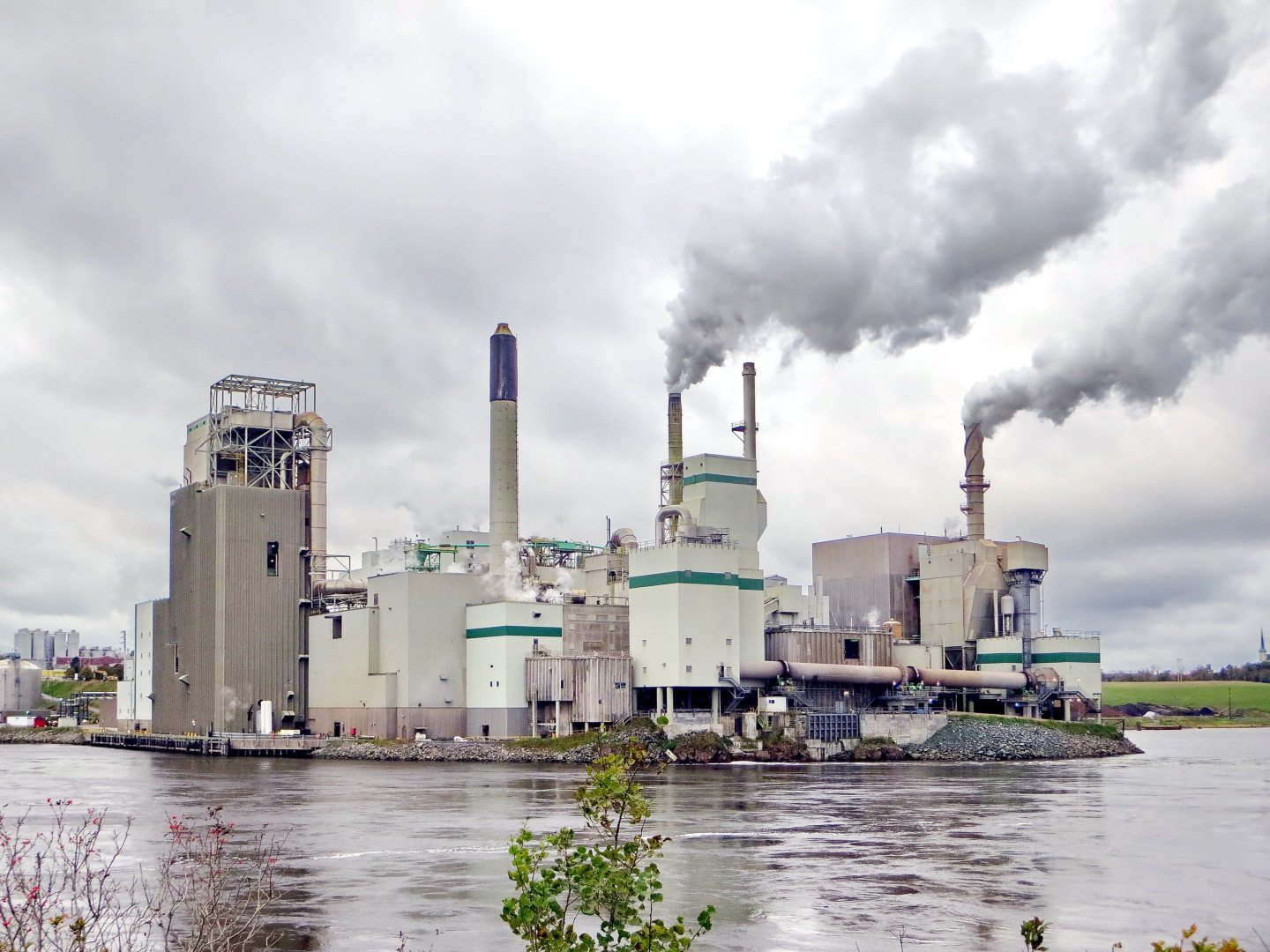 © Supplied by Storegga
© Supplied by Storegga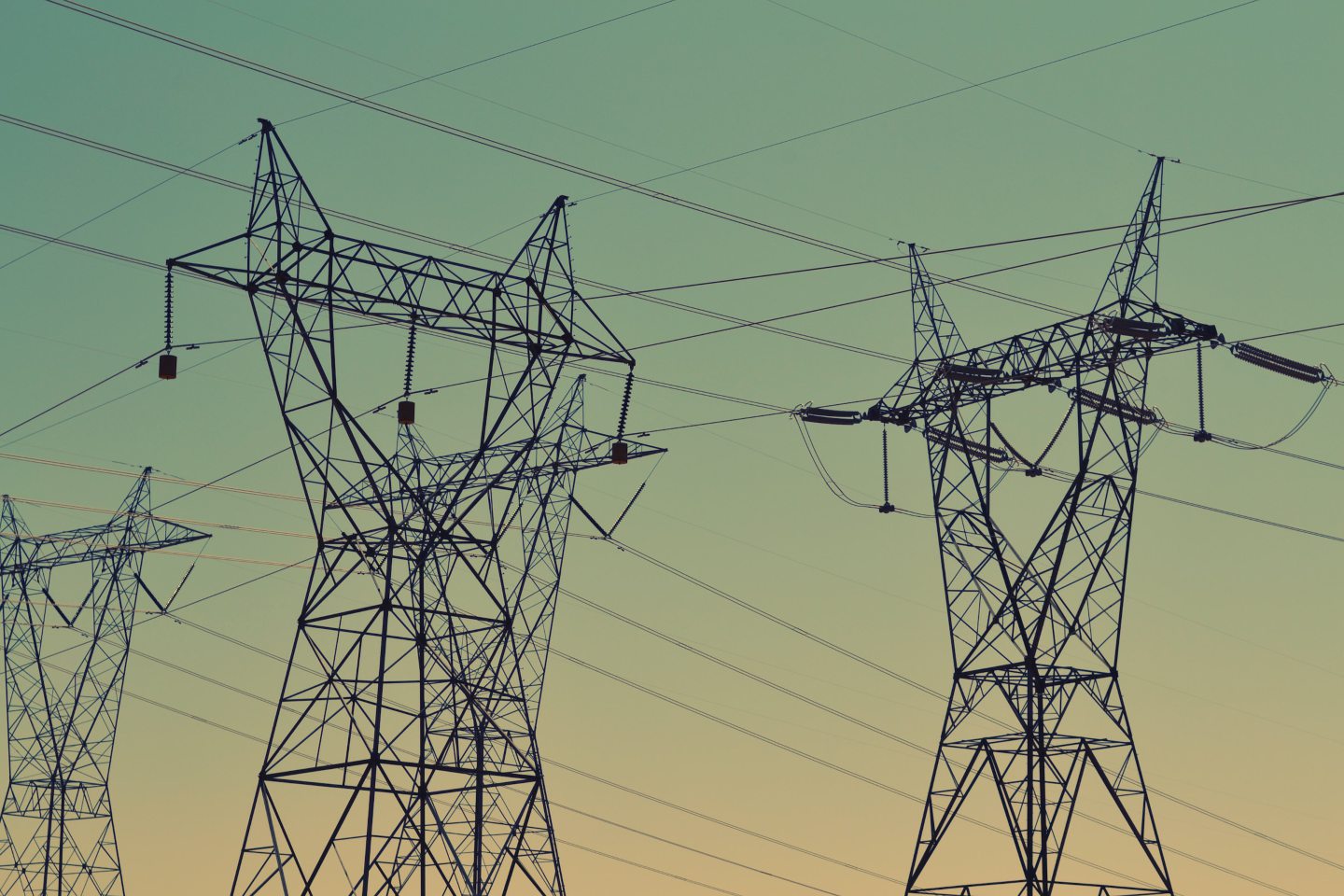 © Supplied by Unsplash
© Supplied by Unsplash © Supplied by OEUK
© Supplied by OEUK © Supplied by Centrica
© Supplied by Centrica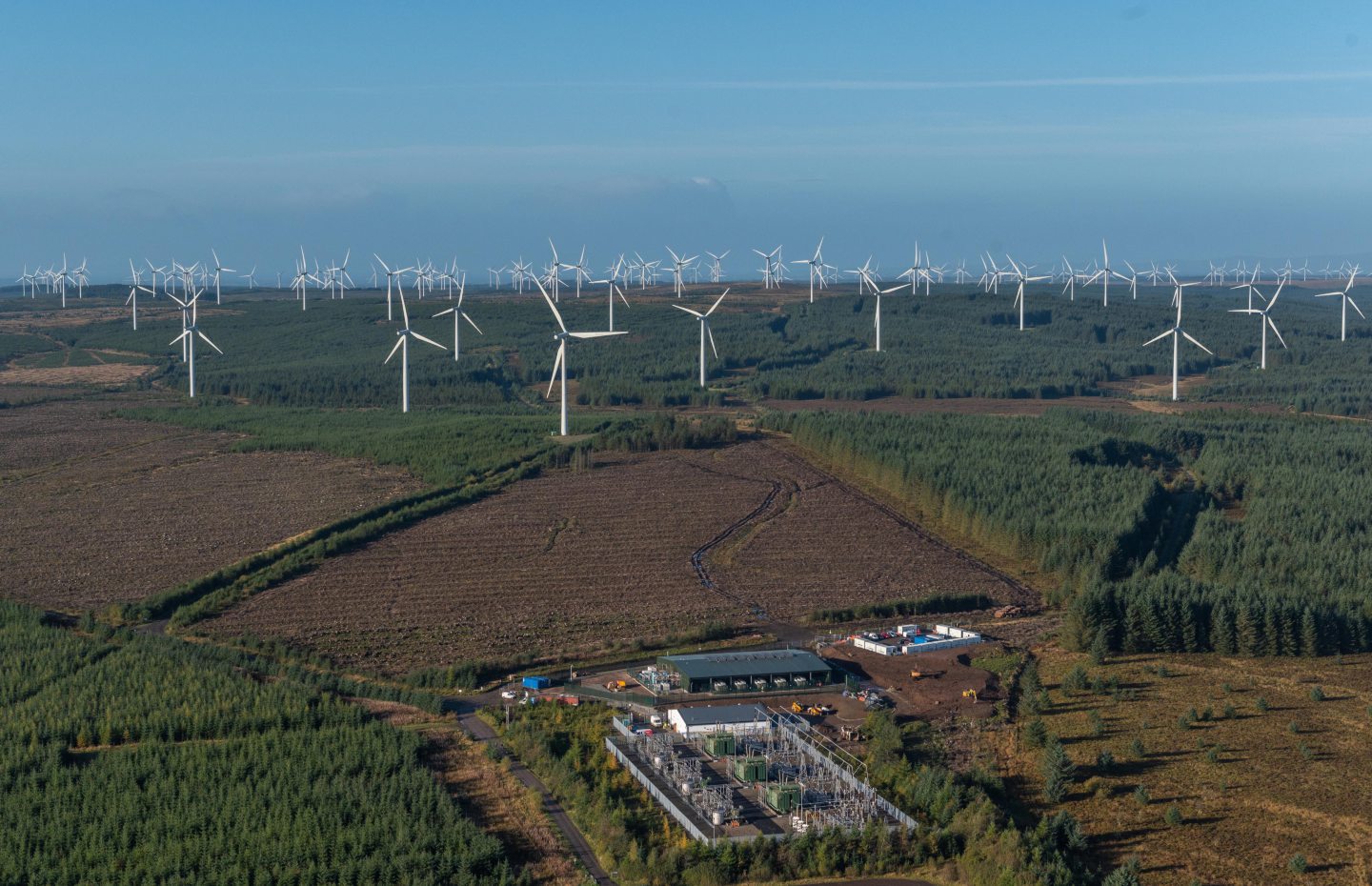 © Supplied by Scottish Enterprise
© Supplied by Scottish Enterprise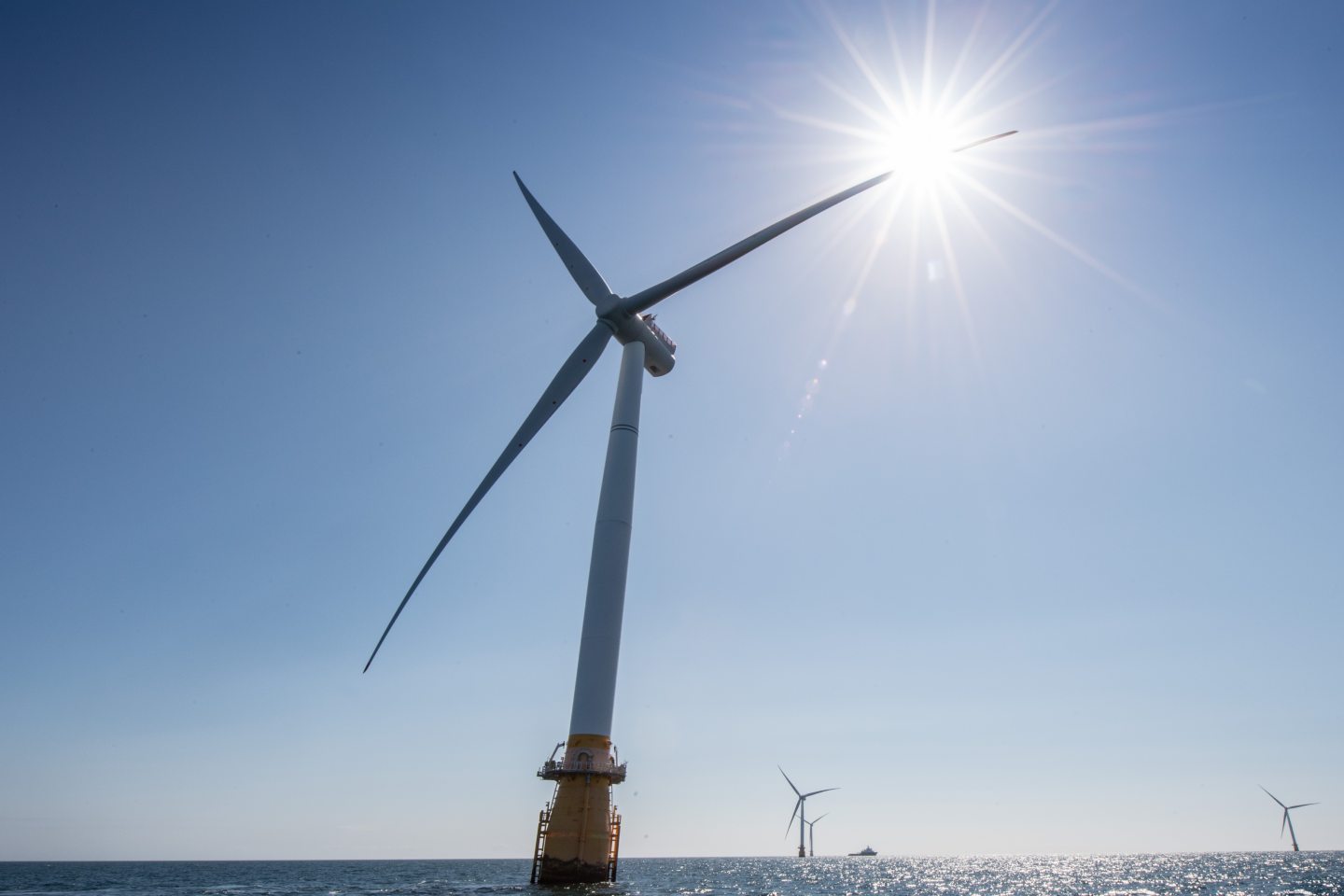 © Supplied by Equinor
© Supplied by Equinor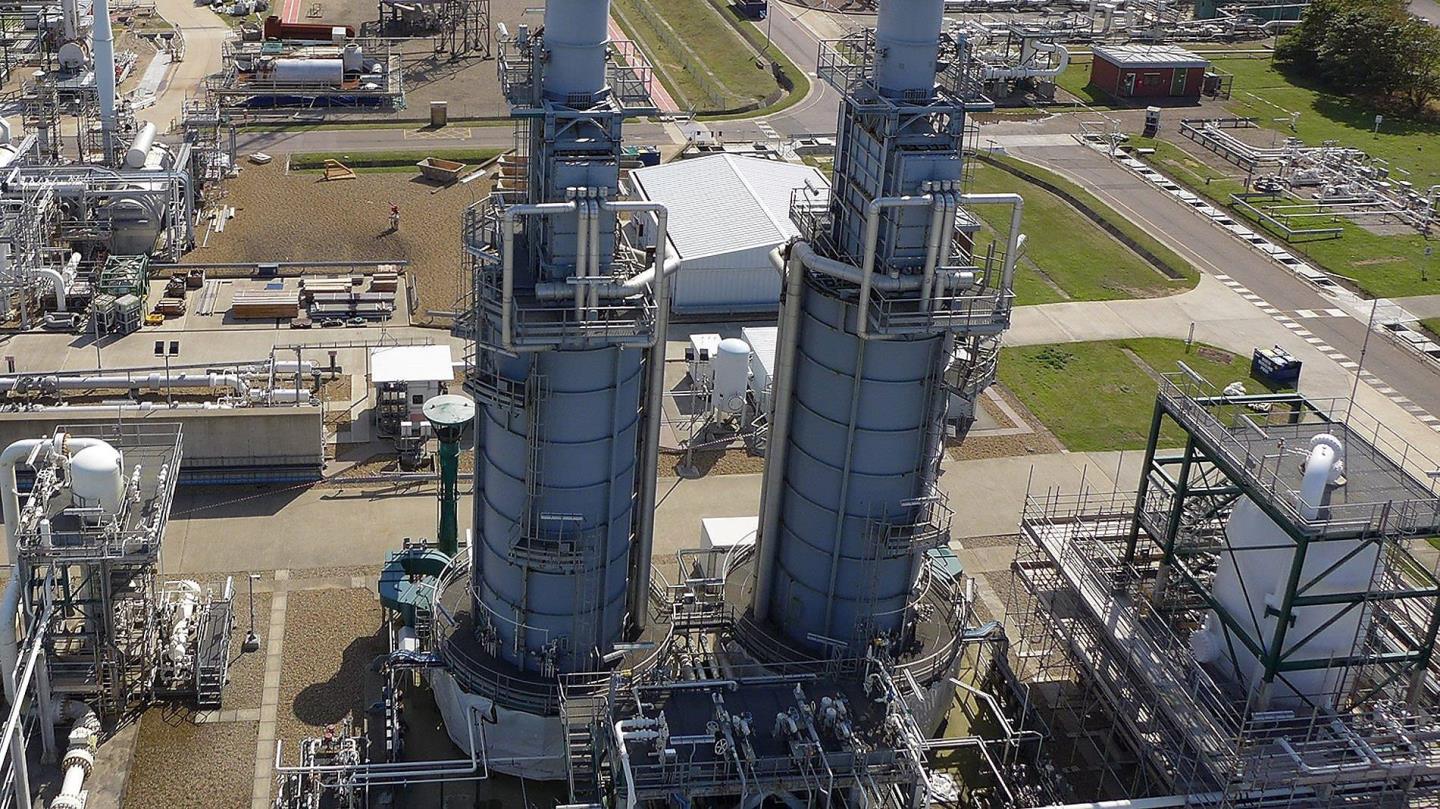 © Supplied by Shell
© Supplied by Shell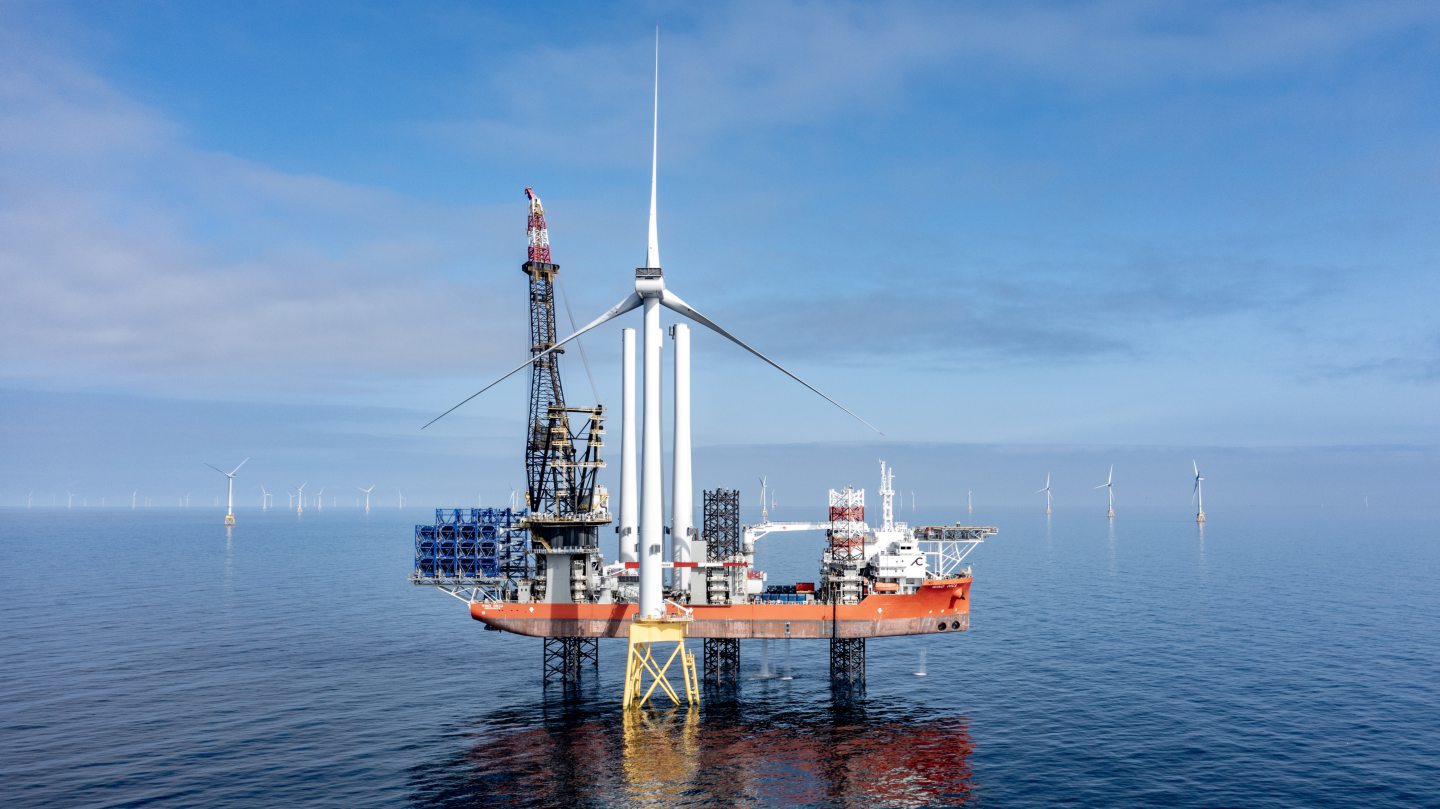 © Supplied by SSE Renewables
© Supplied by SSE Renewables






